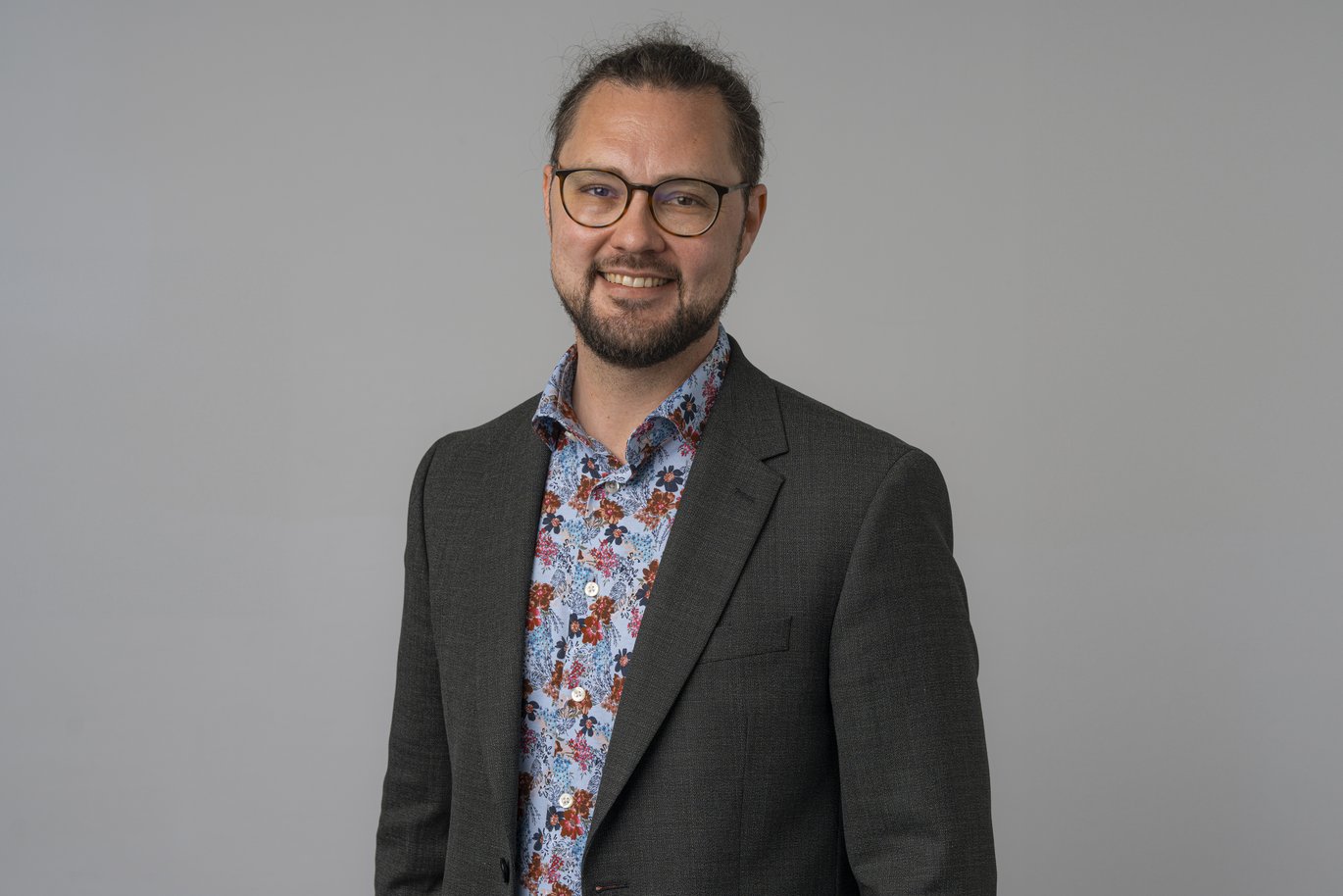What is applause?
All over the world, people applaud the achievements of others. A familiar behavior, but also a strange one, according to Assistant Professor in cognitive musicology, Niels Chr. Hansen. In a new research project, he will investigate this strange behaviour.

Unlike most other animals, humans can clap in synchrony. Often we clap to express our appreciation. We applaud in many different concerts - at stadiums, theatres and concert halls, after an impressive sports game, a good theatre play or a captivating musical performance. But why do we clap our hands when we get impressed? We don't know much about this yet, but a new research project will change that.
The research project is called " Collective Applause in the Symphonic Concer Hall (CLAPS)" and has just received a Sapere Aude research leader grant of DKK 6.2 million from Independent Research Fund Denmark. The leader of this project, will be Niels Chr. Hansen, who is Assistant Professor in cognitive musicology, affiliated with the Interacting Minds Centre at School of Culture and Society at Aarhus University and who also teaches at The Royal Academy of Music Aarhus/Aalborg.
"The aim of the CLAPS project is to investigate which musical, contextual, and individual factors cause the greatest applause in the symphonic concert hall. For the first time, we will film the audience during three entire seasons of weekly concerts with Aarhus Symphony Orchestra at Musikhuset Aarhus. We will also survey musicians and audience members and conduct concert experiments with performance students from the Royal Academy of Music Aarhus/Aalborg," says Niels Chr. Hansen.
Cultural institutions get an opportunity to learn more about their audiences
Through the research project, the two external partners look forward to learning more about their audience.
"At Aarhus Symphony Orchestra, we are very interested in what touches and animates our audience. It is a key element in our internal audience understanding and a cornerstone in our overall audience development, including program curation and 'dramaturgical design' of our concerts. Niels Chr. Hansen's research project, CLAPS, is extremely relevant and interesting to us because it contributes large amounts of raw data, providing us with objective knowledge of and insight into our audience – especially their reactions and behavioural patterns. It's rare that a cultural institution like ours gets the opportunity to directly study its audience in this way, so we're very excited about the empirical results of the research project," says Music Director for Aarhus Symphony Orchestra, Jesper Nordin.
In addition to the Aarhus Symphony Orchestra, Royal Academy of Music Aarhus/Aalborg will be an active partner in the project, as concert experiments with performing conservatory students will be conducted:
"As an educational institution for professional musicians and as an organizer of more than 500 concerts every year, Royal Academy of Music Aarhus/Aalborg is an ideal partner for Niels Chr. Hansen's scientific project to investigate audience behaviour, conventions and social codes at symphony concerts, with a particular focus on applause. We look forward with great interest to the collaboration, where the Conservatory's students will participate in a number of concert experiments. And we are convinced that our students, in addition to contributing to research, will also benefit greatly from the collaboration in terms of increased awareness and knowledge of the many hidden factors characterising a concert experience," says rector at Royal Academy of Music Aarhus/Aalborg, Keld Hosbond.
An academic approach to the practice of music
Niels Chr. Hansen's research project adopts a scientific approach to the practice of music and will contribute new and relevant knowledge to the cultural sector:
"Without systematic tools for measuring audience enthusiasm, orchestras cannot disentangle which initiatives succeed and fail. For instance, ticket sales merely reveal expected rather than realised enthusiasm. Because cultural participation can have positive effects on our mental wellbeing, society has a vested interest in attracting new concertgoers. In order to understand the concert culture that is unfolding in a live setting, we researchers therefore need to take a more theory- and hypothesis-driven approach, where we observe the audience unobtrusively over a longer period of time. CLAPS is the first project to truly do so," says Niels Chr. Hansen
About Sapere Aude:
- Sapere Aude means 'Dare to know'.
- The Sapere Aude Research Leader grant is awarded to talented early career researchers to lead a research project at a high international level.
- The grant gives researchers the opportunity to develop and explore their own research ideas and build their own research teams.
- Sapere Aude also aims to promote mobility between research environments, nationally and internationally.
Contact
Niels Chr. Hansen
Assistant Professor,
Interacting Minds Centre
School of Culture and Society
Aarhus University
E-mail: nchansen@cas.au.dk
Mobile: +45 2533 8833
